Modern blockbusters stink.
From lazy writing to laughable special effects to bland characters, many of the newer movies released from previously successful franchises like Marvel or Star Wars show no trace of effort or care being put into the product.
Instead, these companies bank off of nostalgia and the value of their brand name to attract profits rather than actually making a good film that will be remembered a year from its release.
Because of this, I wasn’t expecting much when I watched “Kingdom of the Planet of the Apes,” and I was unprepared for the thoughtful, competent and emotional story that I’d be getting.
“Kingdom of the Planet of the Apes” is set generations after the events of a trilogy of films released in the 2010’s: “Dawn of the Planet of the Apes,” “Rise of the Planet of the Apes” and “War for the Planet of the Apes.” These films follow the downfall of humanity and the ascent of apes as the dominant species after a virus emerges providing apes with extraordinary intelligence. This is done through the lens of Caesar, a chimpanzee who leads the apes towards establishing their own civilization and grapples with the need to coexist with surviving humans.

As an iconic and well-written character, I had expected Caesar to be used as nostalgia bait in this film, but his legacy and impact are instead used in creative ways that are consistent with how the ape’s society has progressed. The various characters shown in the film have different interpretations of Caesar’s life and significance that determine their respective personalities and motives. These include the main character, Noa, an ape who lives in a small tribe and never learned of Caesar’s existence, and the main villain, Proximus Caesar, who was inspired by the original Caesar to build an empire and attempt to replicate human technology.
The characters themselves have unexpectedly interpersonal and intrapersonal human conflicts, and combined with how seriously the movie takes itself, it is surprisingly easy to become invested in the characters and their stories despite the fact that they are only talking apes. Proximus Caesar is an engaging villain who makes every second of his screen time enjoyable, appearing deranged and evil while at the same time having deep motivations that are easy to grasp. Noa is an interesting protagonist with simple but understandable motives, and his cleverness and creative approaches to the problems he faces in the movie make him entertaining to watch. The only character I take issue with is Mae, a human with the unique ability to speak who helps Noa get revenge on Proximus while also plotting to help restore the last remnants of humanity back to their former glory. Her character seems flat and unemotional at times, and the choice of the main protagonists to align themselves with her is confusing given her goal to restore humanity and reverse the ape’s uprising. While her character was dull and at times confusing compared to the rest, I didn’t find it to be distracting enough to stop me from enjoying the things that make the film great.

Another aspect where “Kingdom of the Planet of the Apes” shines is in its CGI and special effects, which seem surprisingly hard for modern blockbusters to get right. But unlike in movies like Thor: Love and Thunder, this film is a visually stunning product that reflects the capabilities of CGI in modern films if the studios are only given the time they need to work.
Overall, “Kingdom of the Planet of the Apes” is a great film that can be enjoyed even by those unfamiliar with the series. It stands out from the crowd of rushed, uninspired movies that have flooded theaters in recent years. I look forward to seeing the direction that the series takes in its future films, but I hope that they take their time with them so that audiences can continue to experience the beautiful visuals and quality writing that this one offers.


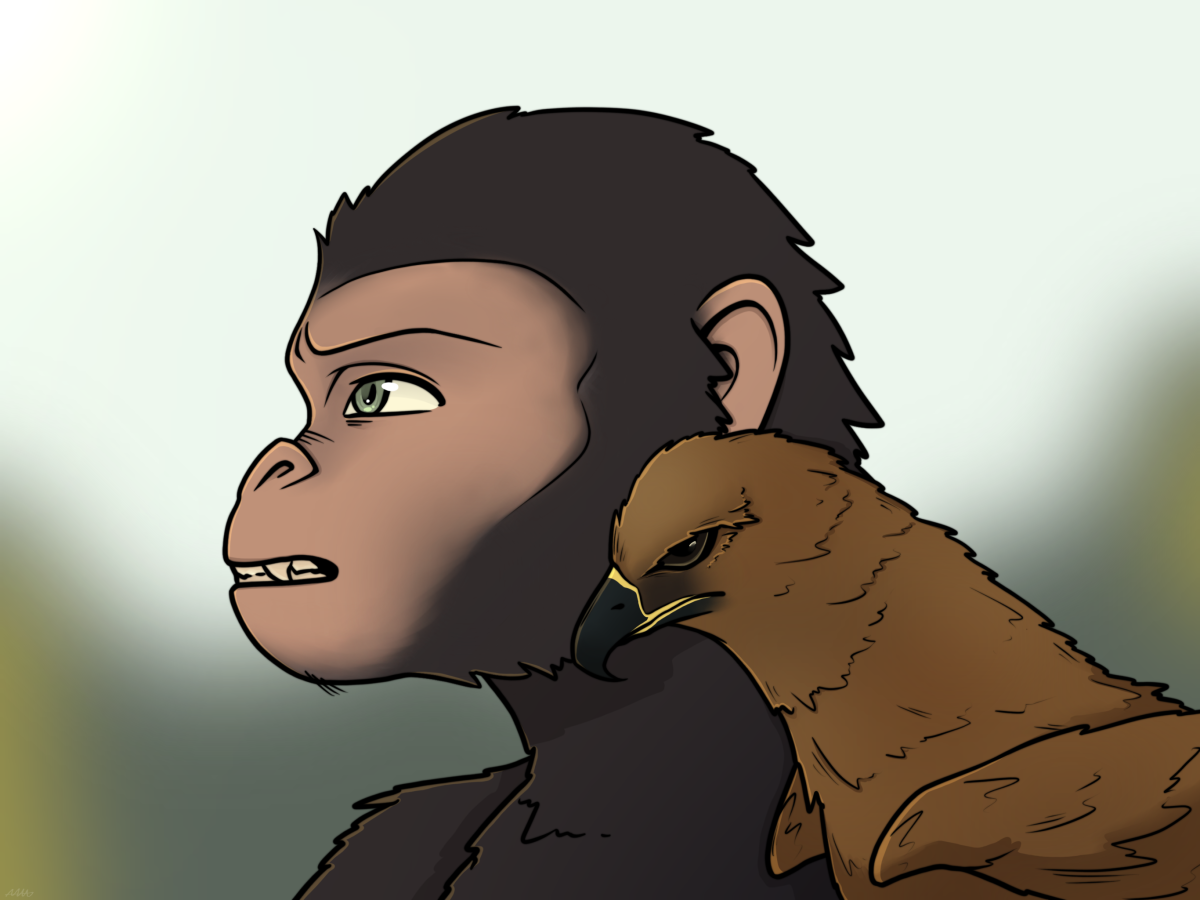

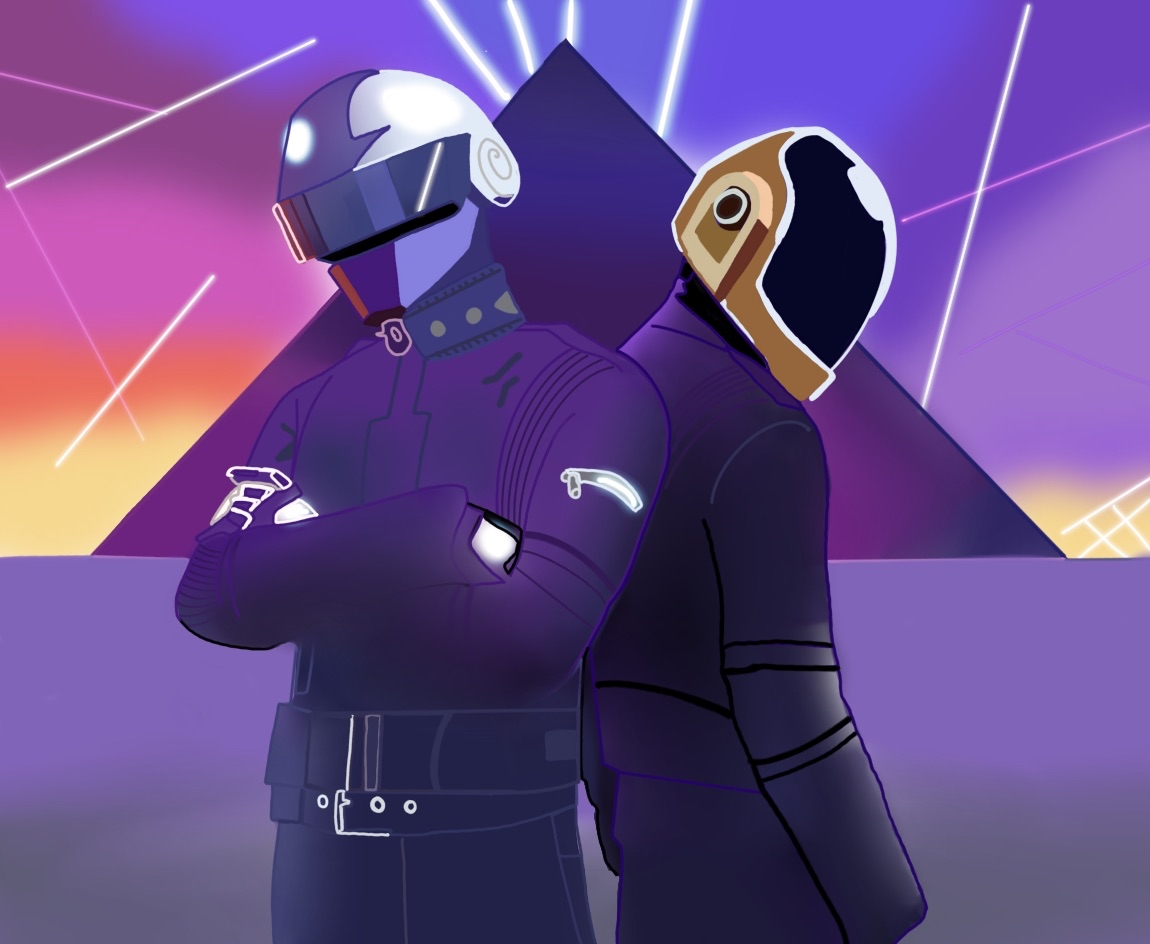

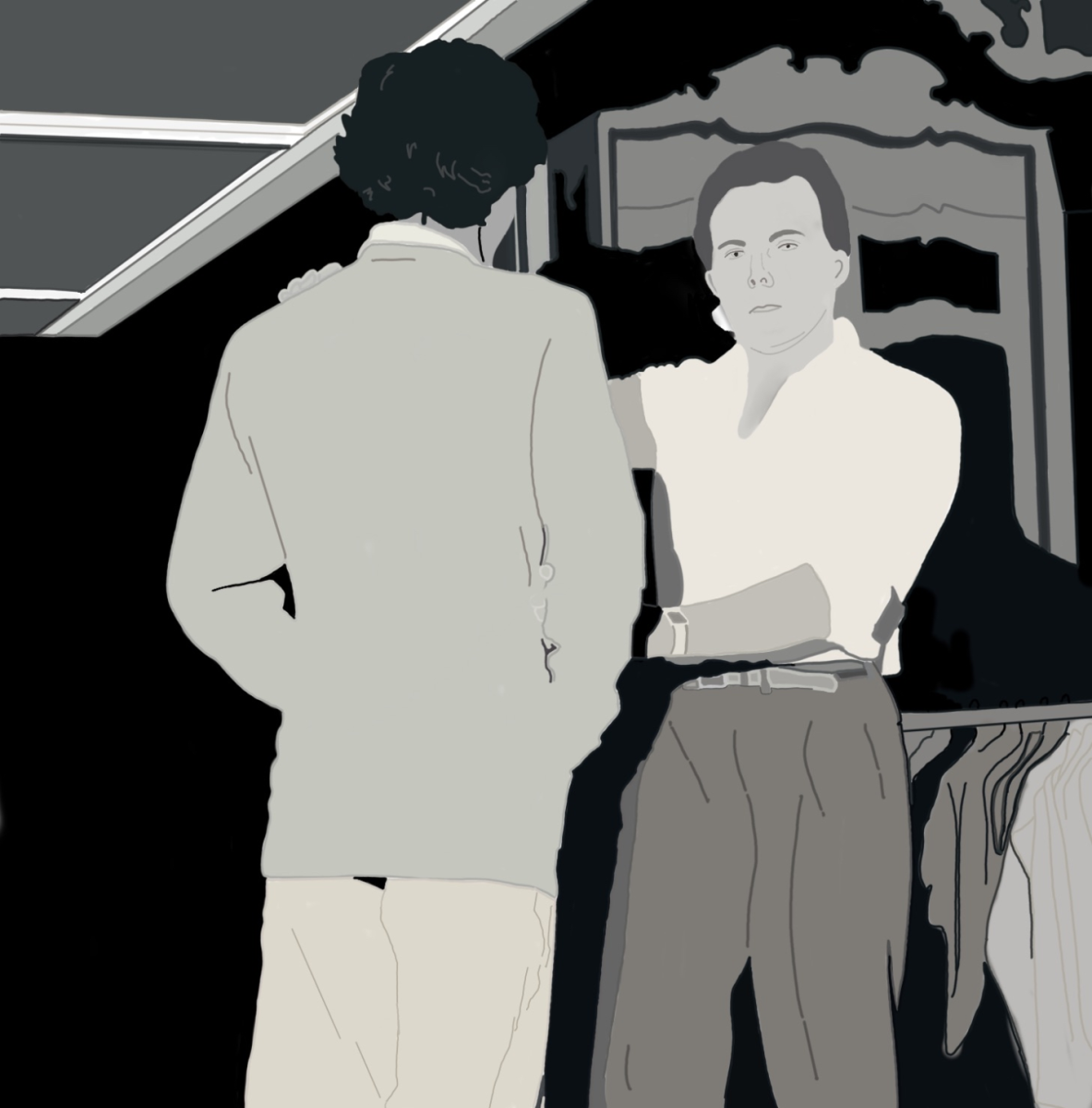

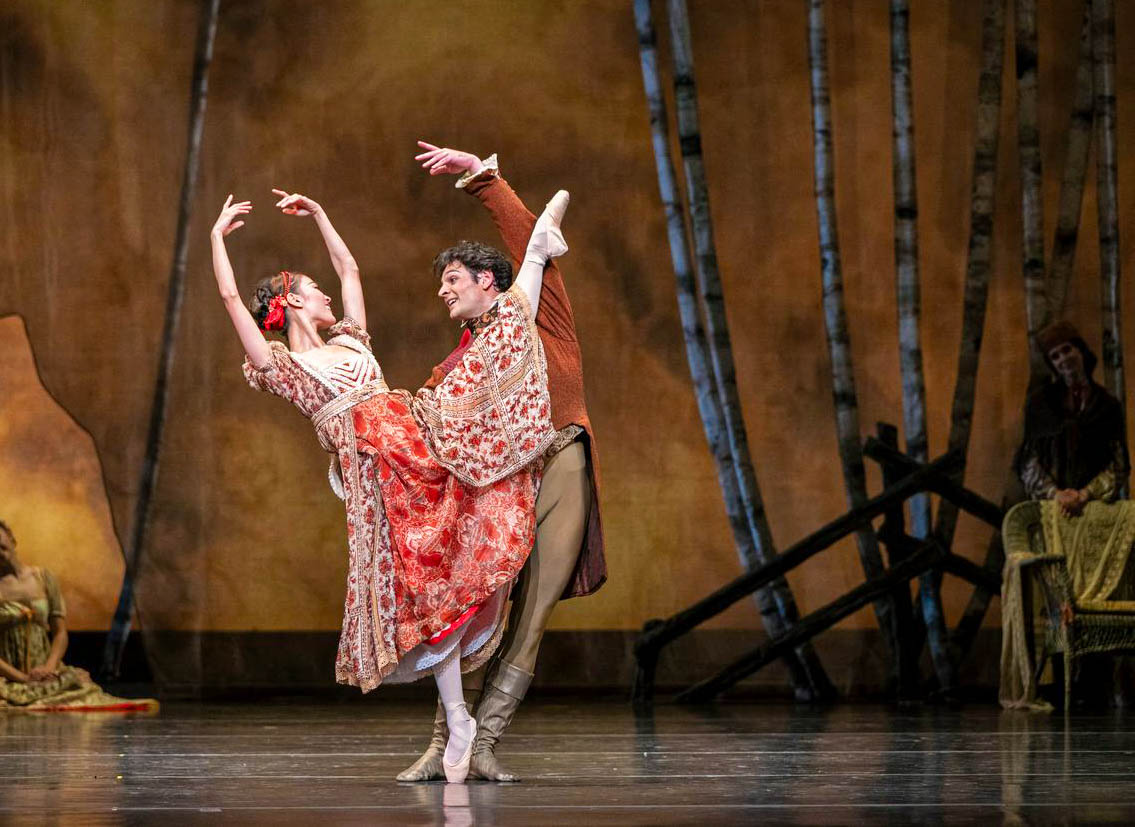



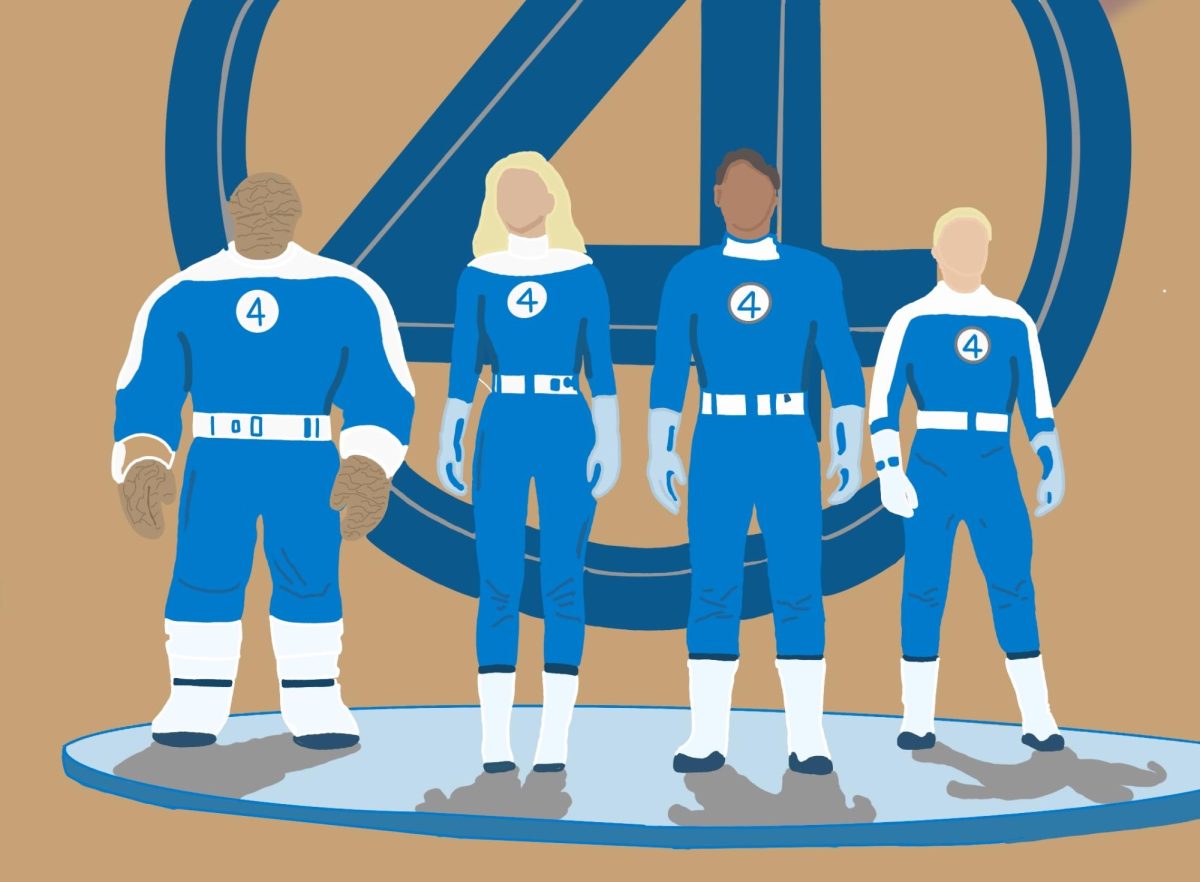


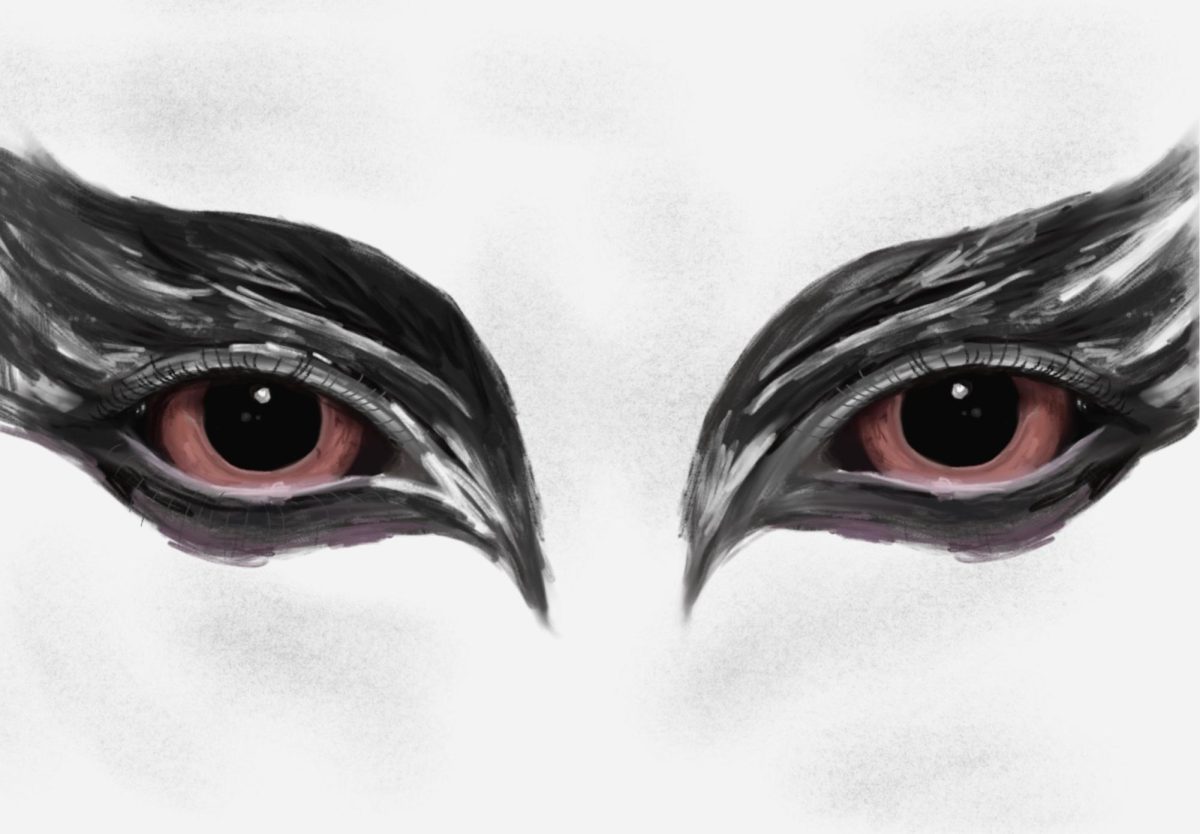
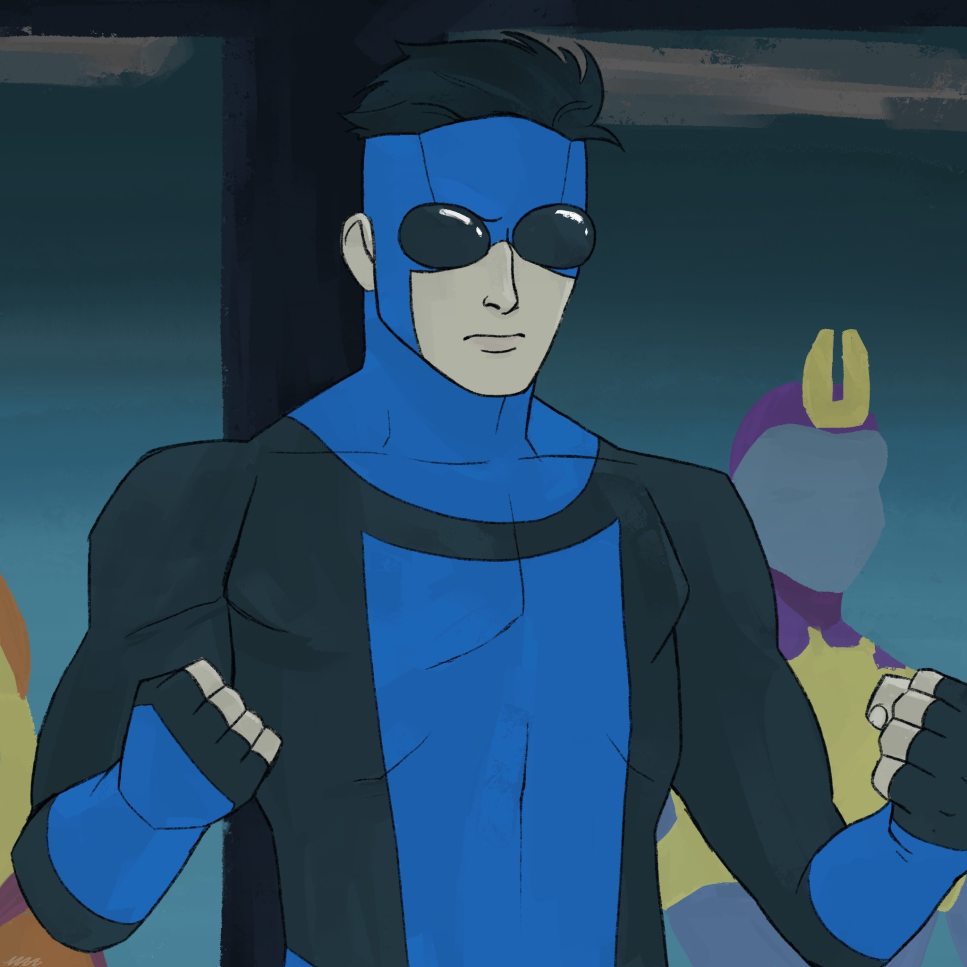


Emmett • Aug 25, 2024 at 1:00 pm
the little cartoon rendering is badass !
Marina Martinez • May 30, 2024 at 8:47 am
WHAT A WONDERFUL DAY!!